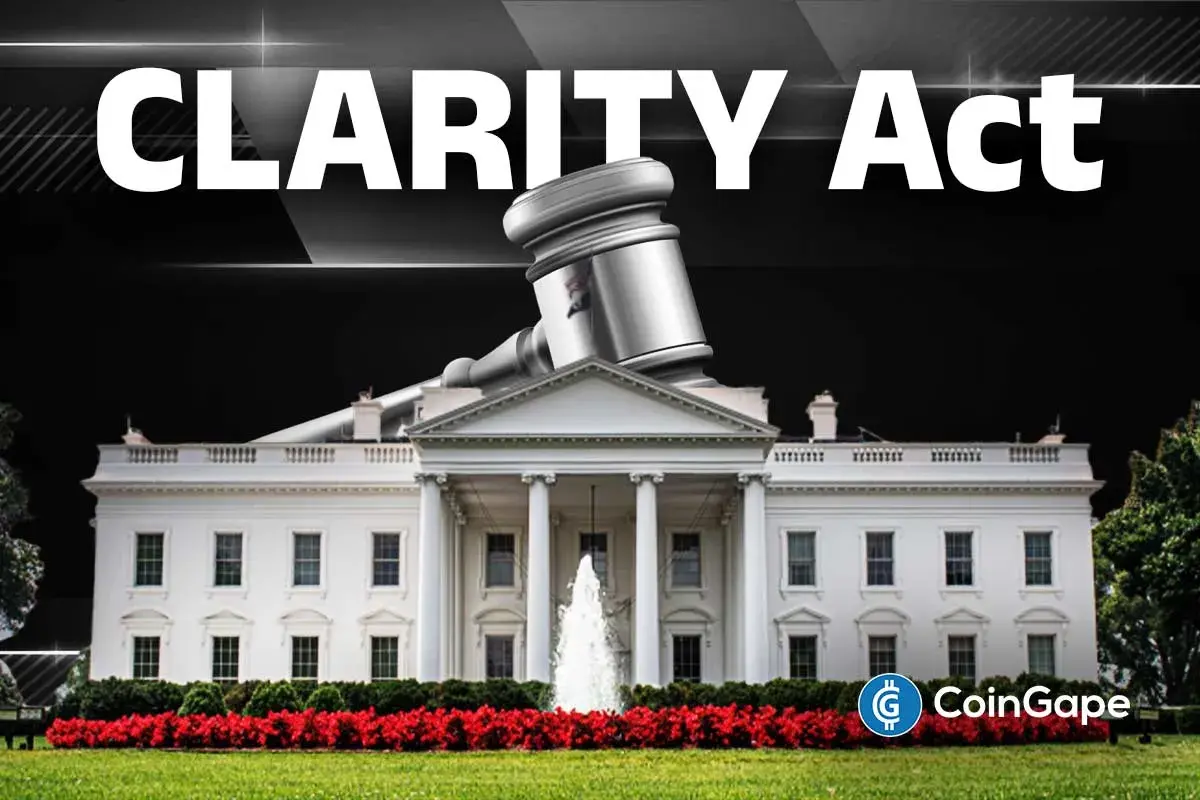ESMA Reiterates MiCA Crypto Staking Laws Amid Controversy

Highlights
- ESMA highlights the position of staking under MiCA.
- The securities regulator explained the rules and requirements of crypto firms.
- Staking remains a controversial issue in several jurisdictions.
The European Securities and Market Authority (ESMA) announced an updated Q&A on certain guidelines including the provision of staking services under MiCA. This comes as crypto firms begin to implement the regulations to become fully compliant with the rules. Staking has become a controversial issue in most jurisdictions drawing the attention of crypto regulators.
ESMA States Position Under MiCA
The European securities regulator stated that the Markets in Crypto Asset Regulation does not prohibit staking features for crypto firms. A slight controversy arose because the MiCA doesn’t contain specific provisions for staking. This means that it doesn’t prohibit the service nor provide express rules like other areas.
According to ESMA, the staking service providers take direct action to the rules making staking ancillary to their original custody services.
“In the provision of staking services the crypto assets, or the private keys giving access to them, are held by the staking service provider in custody. Thus, the provision of staking services is ancillary to custody services which are fully covered under MiCA. The provision of staking services therefore requires that the crypto asset staking service provider is authorised under MiCA…”
This brings firms directly under Article 75 MiCA and others which require firms to observe the custody and administration of crypto assets. Staking has caused concerns between regulators and authorities in several jurisdictions. Particularly, the United States Securities and Exchange Commission (SEC) flagged staking services and has filed several lawsuits against firms that offer staking features.
CASPs to Comply With Disclosures
Per the release, in situations where crypto assets service providers offer staking features alongside custody of assets, they must ensure that digital assets can be returned according to the agreement. Thus, loss of assets is attributed under Art 75(8) MiCA. Furthermore, where staking services are to be carried out alongside custody, CASPs should obtain express consent from users to stake their crypto assets. This is because staking services impact user’s ability to access their crypto assets.
Also Read: 4 Undervalued Ethereum Altcoins Gaining Institutional Interest
- Michael Saylor Says Quantum Risk To Bitcoin Is a Decade Away, Describes it as ‘FUD’
- White House Proposes Stablecoin Rewards Compromise as CLARITY Act Odds Drop to 44%
- Trump’s Board Of Peace Eyes Dollar-Backed Stablecoin For Gaza Rebuild
- Trump’s World Liberty Financial Flags ‘Coordinated Attack’ as USD1 Stablecoin Briefly Depegs
- Trump Tariffs: U.S. Threatens Higher Tariffs After Supreme Court Ruling, BTC Price Falls
- COIN Stock Risks Crashing to $100 as Odds of US Striking Iran Jump
- MSTR Stock Price Predictions As Michael Saylor’s Strategy Makes 100th BTC Purchase
- Top 3 Meme Coins Price Prediction As BTC Crashes Below $67k
- Top 4 Reasons Why Bitcoin Price Will Crash to $60k This Week
- COIN Stock Price Prediction: Will Coinbase Crash or Rally in Feb 2026?
- Shiba Inu Price Feb 2026: Will SHIB Rise Soon?


















